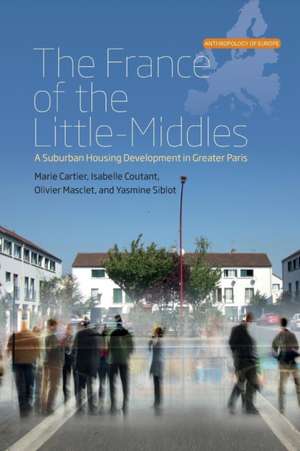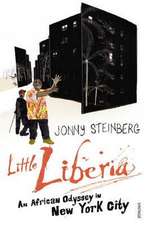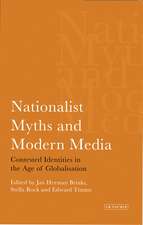The France of the Little-Middles: Anthropology of Europe
Autor Marie Cartier, Isabelle Coutant, Olivier Mascleten Limba Engleză Paperback – iul 2019
| Toate formatele și edițiile | Preț | Express |
|---|---|---|
| Paperback (1) | 259.21 lei 6-8 săpt. | |
| BERGHAHN BOOKS – iul 2019 | 259.21 lei 6-8 săpt. | |
| Hardback (1) | 747.55 lei 6-8 săpt. | |
| BERGHAHN BOOKS INC – 29 aug 2016 | 747.55 lei 6-8 săpt. |
Preț: 259.21 lei
Nou
Puncte Express: 389
Preț estimativ în valută:
49.61€ • 53.86$ • 41.67£
49.61€ • 53.86$ • 41.67£
Carte tipărită la comandă
Livrare economică 22 aprilie-06 mai
Preluare comenzi: 021 569.72.76
Specificații
ISBN-13: 9781789205206
ISBN-10: 1789205204
Pagini: 226
Dimensiuni: 152 x 229 x 12 mm
Greutate: 0.34 kg
Editura: BERGHAHN BOOKS
Seria Anthropology of Europe
ISBN-10: 1789205204
Pagini: 226
Dimensiuni: 152 x 229 x 12 mm
Greutate: 0.34 kg
Editura: BERGHAHN BOOKS
Seria Anthropology of Europe
Notă biografică
Marie Cartier is Professor of Sociology at the University of Nantes, researcher at CENS (Nantes Sociology Center, CNRS-University of Nantes). She is a former Junior Member of the Institut Universitaire de France. She combines ethnography and history to study the transformations of the working-class through employment and living spaces.
Descriere
Explores the strained reception of the migrants in The Poplars, a housing development in suburban Paris that dates back to the mid-20th centrury. The authors examine tensions within the complex less as a product of racism and xenophobia than of anxiety about social class and the loss of a sense of community that reigned before.




















